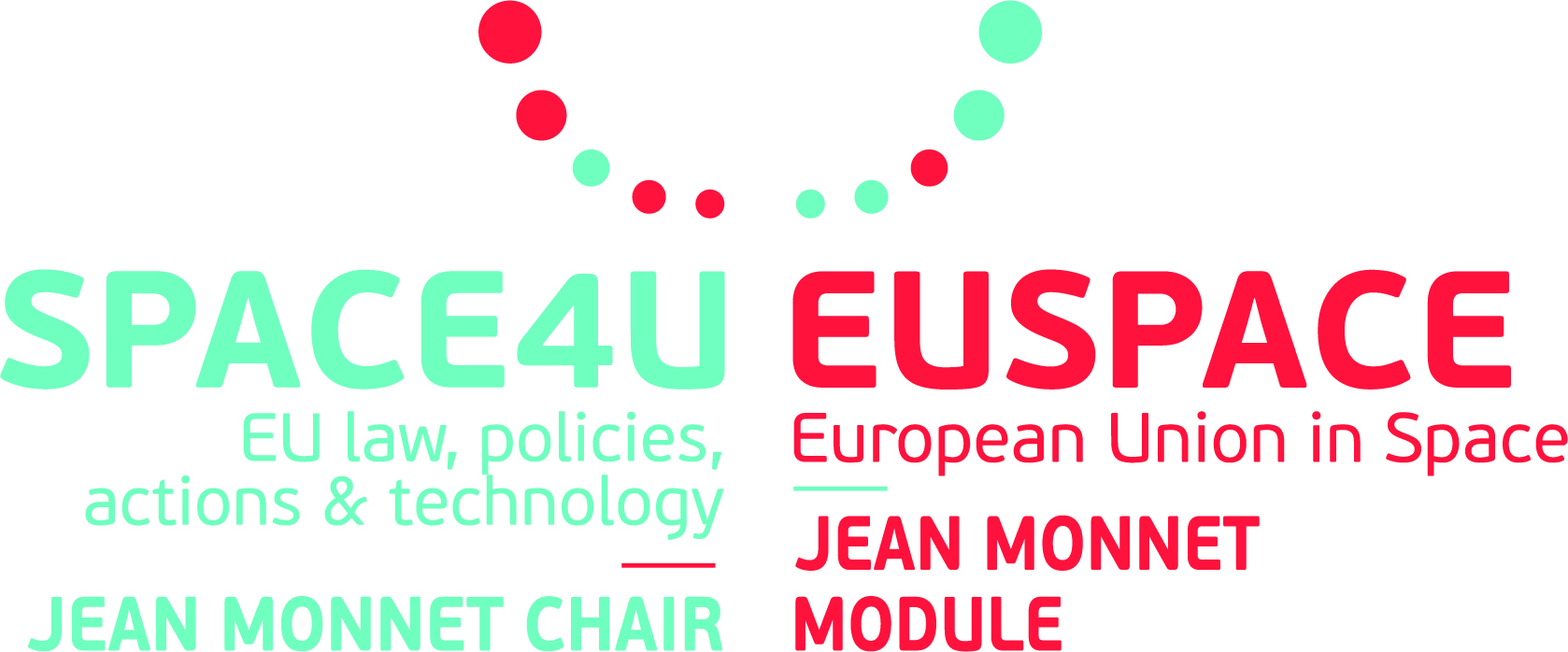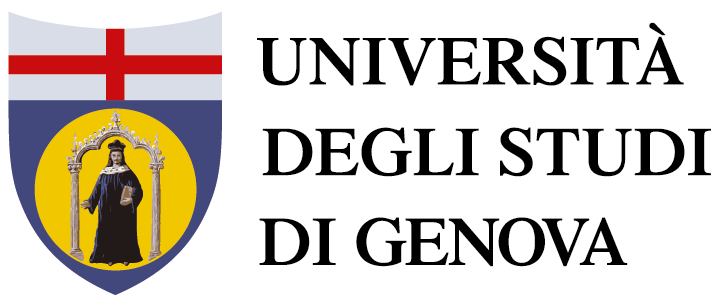European Union in Space: Law and Technology
European institutions agree in considering space activities and applications vital to our society’s growth and development, also in view of their direct impact on citizens’ daily lives. Since the 1990s, the EU has committed to the development of a European Space Policy, investing a great deal of financial, technical and political resources in promoting and carrying out European Space Programmes and boosting the use and integration of space-based applications in several EU policies. This action was further strengthened by introducing an express and specific competence on space within the title concerning “research and technological development and space” by the Lisbon Treaty (art. 189 TFEU).
Despite the importance of space policy at the EU level, however, the study and training in this field are not yet properly developed either at the national or EU levels. Legal and technical operators who approach this sector, necessarily need an interdisciplinary background, including the knowledge of:
- EU law and EU policies where space technologies can be integrated and applied, including a clear understanding of the relationship between international space law and EU space policy;
- technical features of these new technologies, devices and applications, in order to identify relevant legal issues under the applicable international, private and EU law;
- functioning and competencies of other national and international organizations dealing with space-related issues, with whom the EU is bound to cooperate and establish appropriate relations.
To this purpose, an intensive interdisciplinary course covering the main (legal and technological) issues connected to the uses of space-based applications, in the context of the EU legal framework, has been financed by the EU, EACEA, through the Erasmus + Programme, Jean Monnet Module, within the project Space4U: EU law, policies, actions & technology.
Such an initiative will consist in a Summer Course free of charge for the participants. The course will consist of three-day lectures, 8 hours per day, and will be held in English. It aims to attract doctoral and post-doctoral students, as well as researchers and young professionals in law, political science and engineering (participation will be opened also to students who have attended at least a three years study university course in the above-mentioned areas). The lectures will be held by academics from Italian and foreign Universities, as well as operators in the field of space industries and institutions (e.g. Ansaldo STS, Alenia, European Space Agency and Agenzia Spaziale Italiana).
The outputs of the Project will be (i) a specific training on new key technologies and their legal implications; (ii) the creation of a network of specialised operators in the field of space-based applications; to this purpose, (iii) a dedicated website will be created also to allow participants and lecturers to keep in touch continuously during the three years period and after; (iv) an open source publication will collect the contributions of the speakers to the summer schools and to the international conference (e-book).
The venue will be the town of Imperia, located on Italy’s north-western coast, easily reachable via Genoa or Nice airports and home to a University Campus where the event will take place from 6th September to 8th September 2023.
Further information will be given to the registered students. Check out the Facebook page.




































